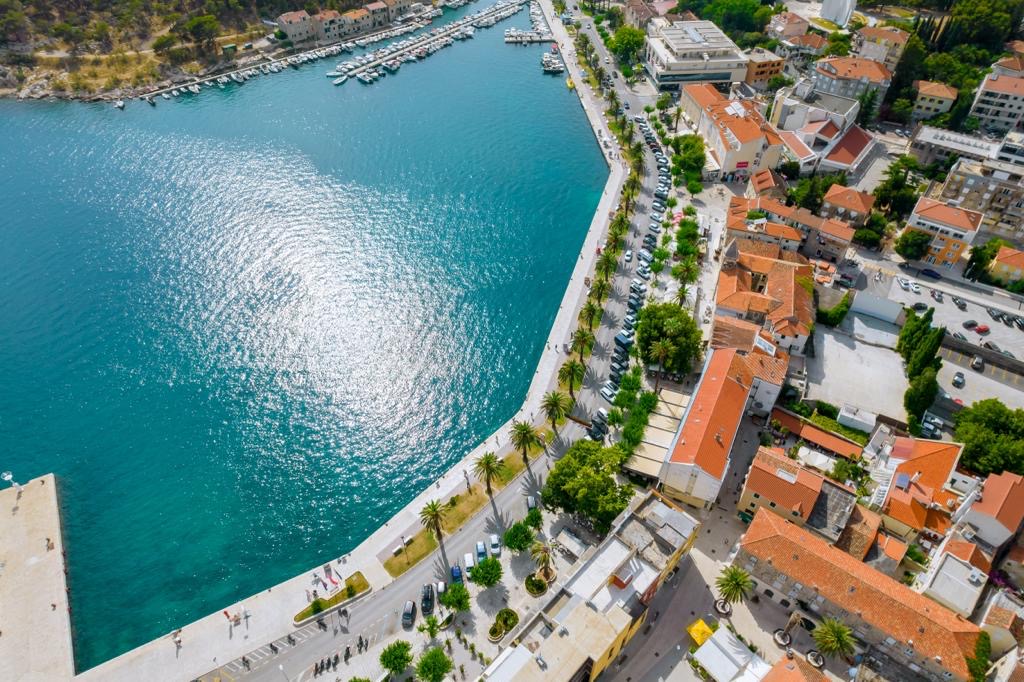Airbnb is an online hospitality marketplace that allows persons (natural and corporate) to offer a wide range of short-term rental (“STR”) accommodations, such as entire houses and apartments, single rooms, tree houses, boat houses, or even a couch, to visitors for a nightly rate.
Airbnb is just one online platform through which persons may offer these STRs, but due to its prevalence, the name has become synonymous with STRs. Other similar platforms include Booking.com, Expedia and VRBO. The STR tourism segment is an important and growing market in Jamaica, and continues to see exponential growth, with Airbnb properties alone accommodating an estimated 29% of stopover visitors to the island last year (which notably does not include the other platforms!).
The Current Regime
Core pieces of legislation that regulate the tourism sector include the Tourist Board Act, The Hotel Keepers Liability Act, The Travel Agencies Regulation Act, The Resort Cottages (Incentives) Act, and the Fiscal Incentives Miscellaneous Provisions Act (together the “Regime”). The Regime in its current form, details the services that would be considered tourism enterprises, and regulates what we know as standard hospitality operations, such as hotels, villas, services involving exhibitions and attractions, and water sport services, among other things. The Regime makes provisions as to the licensing and operation of these facilities, as well as imposes safety regulations, operation standards, training programs, and creates offences and imposes fines where necessary. This current Regime does not apply to STRs.
Free for All
Currently, there are no policies or regulations in Jamaica that govern STRs. This has essentially left the STR business on the island open to any, and all, who wish to operate, without any requirements for licensing, registration, or the payment of specific taxes or levies. Many Jamaicans have, as a result, been able to, and continue to generate income from being a part of the STR global network, without regulatory oversight.
New Regulations – Destination Assurance?
The Minister of Tourism stated recently that there are discussions to review the Regime to deal with the STR sector, and bring it into the formal tourism system. He explained that in keeping with the destination assurance strategy that Jamaica is embracing for the tourism sector, the STR segment will have to get into the formal system to ensure that the visitor who goes anywhere in Jamaica is safe, secure, and has a seamless experience. While it is undeniable that it is desirable that all international and domestic tourists are safe, secure, and have good experiences, and that better experiences could lead to even more growth in the tourism sector, how this is to be achieved will need to be carefully considered.
To regulate, but not over-regulate?
STRs, unlike traditional accommodations such as hotels, are often times unique, and non-standardised offerings. As such it may be difficult to find a one-size-fits-all standard of experience/accommodation, while ensuring fair and equitable regulations to maintain the destination assurance being sought. If not done carefully, attempting to adopt the STR sector into the formal tourism sector may have the undesired effects of alienating small operators, and reducing the number of active listings (and in turn the amount of revenues therefrom) on the platform. An over-regulation of the STR sector could negatively impact the livelihoods of many who have come to rely on the income from it. It also remains to be seen whether the regulation of the STR sector will negatively impact the real estate market. The hashtag #Airbnbust has recently trended on social media as persons speculate that the over-regulation of the STR market in various cities has resulted in a bust in their property prices, due to a decline in the demand for real estate. Indeed many persons have been purchasing properties solely to operate STRs because of their attractive potential returns, without which persons may pursue other investments.
Around the world; Approaches to the regulation of STRs
The approach to the regulation of STRs has varied from jurisdiction to jurisdiction, and is a controversial topic. Like in Jamaica, while these STRs are a profitable endeavour for many, they also pose other problems such as increasing housing shortages, inflating real estate prices, and introducing large amounts of tourists to otherwise quiet and residential areas.
A quick look at the approaches from around the world is informative. Paris requires STR landlords to register their homes, and display a registration number on their listings. Barcelona requires the registration of STRs as tourist accommodations. Amsterdam requires registration, imposes strict rules on how hosts must operate their STRs, and levies a tourist tax on rental rates. New York City now requires all eligible STR hosts to register with the City, or discontinue STRs and only host long-term stays of 30 nights or more. Ireland requires hosts to obtain planning permission to change the approved use of their property for STRs, and the rules restrict short-term letting to no more than 60 nights in one year, and not more than five consecutive nights in one letting.
Hopefully, any regulation of the sector will be constructive, facilitative, and operator-friendly, while meeting our destination assurance goals. It remains to be seen what approach the Government of Jamaica will take to regulating the STR sector, and whether this may bring trouble in paradise.

Gabrielle Grant Gilpin-Hudson is a Partner at Grant, Henry & Rhooms, and the head of the firm’s Property & Real Estate Department. She may be contacted at gabrielle@ghrlegal.com or www.ghrlegal.com. Nsizwe Stewart is an Associate at Grant, Henry & Rhooms, and also practices in the firm’s Property & Real Estate Department. She may be contacted at nsizwe.stewart@ghrlegal.com. This article is for general information purposes only and does not constitute legal advice. Should you wish to seek legal advice, you may schedule a free consultation with our offices.



